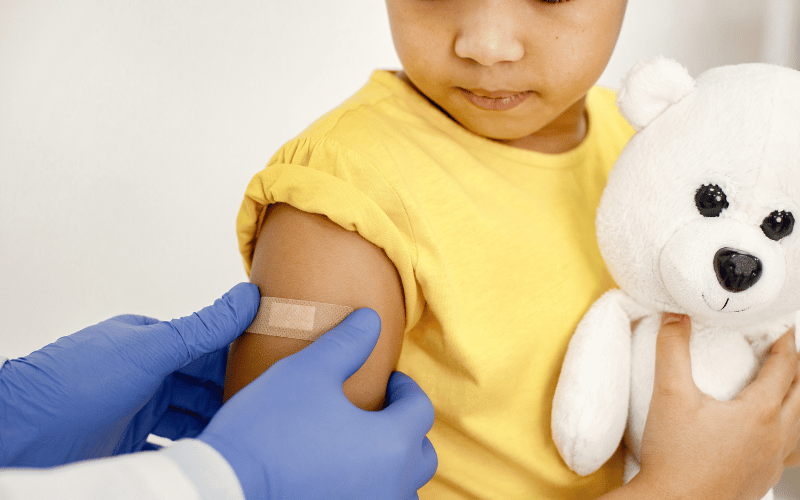5. The Crucial Role of Vaccination in Preventing Epiglottitis

The introduction of the Haemophilus influenzae type b (Hib) vaccine has played a pivotal role in the dramatic decrease of epiglottitis cases worldwide. Prior to the vaccine’s introduction, Hib was the leading cause of epiglottitis, particularly in children. Since the vaccine has become a standard part of childhood immunization schedules, the incidence of Hib-related epiglottitis has plummeted.
Vaccination not only protects the individual receiving the vaccine but also contributes to herd immunity. This phenomenon occurs when a large portion of the community becomes immune to a disease, making the spread of disease from person to person unlikely. As a result, even those who cannot be vaccinated, such as those with certain medical conditions or allergies, receive some protection.
However, it’s crucial to maintain high vaccination rates to preserve these gains. Skipping vaccines not only puts the individual at risk but can also endanger the broader community, particularly those who are most vulnerable.
It’s important to note that while the Hib vaccine has been a game-changer in the fight against epiglottitis, it does not protect against all forms of the disease. Epiglottitis can also be caused by other bacteria and viruses, underscoring the need for continued vigilance and research to further reduce the incidence of this serious condition. (5)